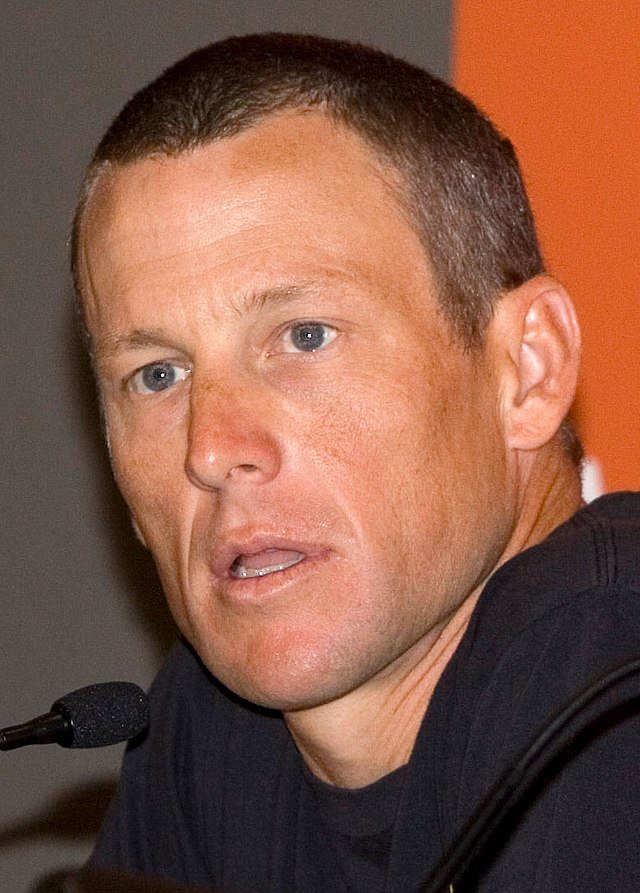In a stunning and deeply disheartening development, Lance Armstrong — once a symbol of resilience and redemption — has been suspended from all professional cycling activities following a positive drug test, according to a statement released by the World Cycling Federation (WCF) early this morning.
The announcement has sent shockwaves through the sporting world. Armstrong, who had long attempted to rebuild his reputation after his highly publicized doping scandal and subsequent lifetime ban in 2012, had only recently been granted a provisional return to competitive cycling under strict conditions. His comeback, sanctioned as part of a monitored rehabilitation initiative, was viewed by many as a test of both physical endurance and personal redemption.
Now, that fragile narrative appears to have collapsed.
The test, conducted following the Mont Ventoux Challenge last weekend, revealed the presence of EPO-mimetic peptides — substances banned under WADA’s anti-doping code. The test results have been independently verified, and Armstrong has been issued an immediate provisional suspension while a formal hearing is scheduled.
In a short but emotional statement released through his representatives, Armstrong expressed disbelief and insisted on his innocence.
“I have followed every protocol, every requirement. I’ve worked hard to rebuild trust. I would never jeopardize that,” the statement read. “I am shocked and devastated. I will contest these findings with everything I have.”
Skeptics, however, are less sympathetic. For many, Armstrong’s fall from grace over a decade ago — when he was stripped of his seven Tour de France titles — still casts a long shadow. Though he confessed to years of performance-enhancing drug use in a now-famous interview with Oprah Winfrey in 2013, public forgiveness has remained elusive.
Armstrong’s recent return was a divisive topic. Some saw it as a chance for healing and redemption, others as a painful reminder of cycling’s most notorious scandal. Now, with this latest revelation, many feel vindicated in their doubts.
“This is a tragedy — not just for Lance, but for the sport,” said Jean-Pierre Moreau, a former Tour official. “We wanted to believe in second chances. But cycling cannot afford another betrayal.”
Armstrong’s suspension could become permanent, with the WCF hinting that a second infraction, regardless of context, may result in a lifetime competition ban reinstated without appeal. Legal experts suggest the case may hinge on the possibility of sample contamination or procedural errors — both rare, but not impossible.
Meanwhile, social media has exploded with reactions ranging from outrage to disappointment. Some fans remain loyal, urging due process, while others call for Armstrong to disappear from the sport altogether.
Whether this marks the final chapter in Lance Armstrong’s storied and controversial career remains to be seen. For now, the world watches as a once-great champion faces the very specter he swore he had left behind.
And so, with one more failed test, cycling loses not only a competitor — but perhaps, again, a measure of its credibility.



